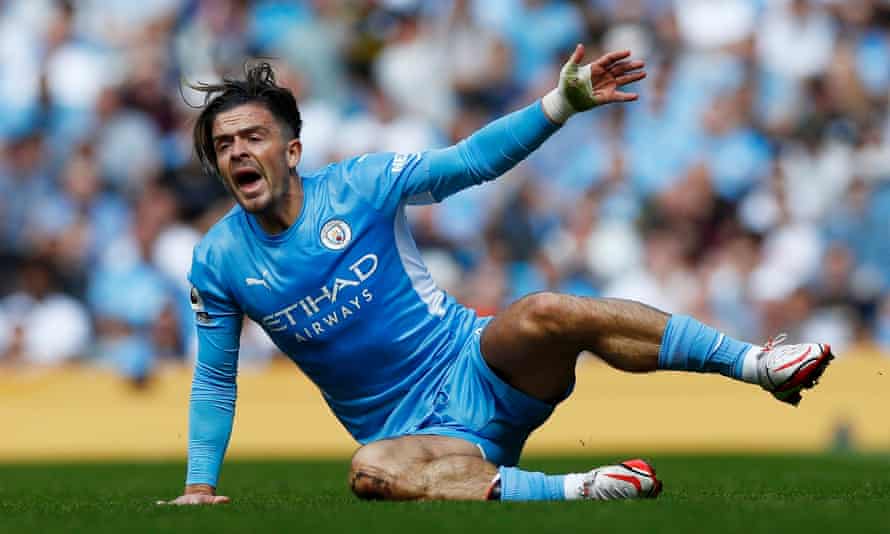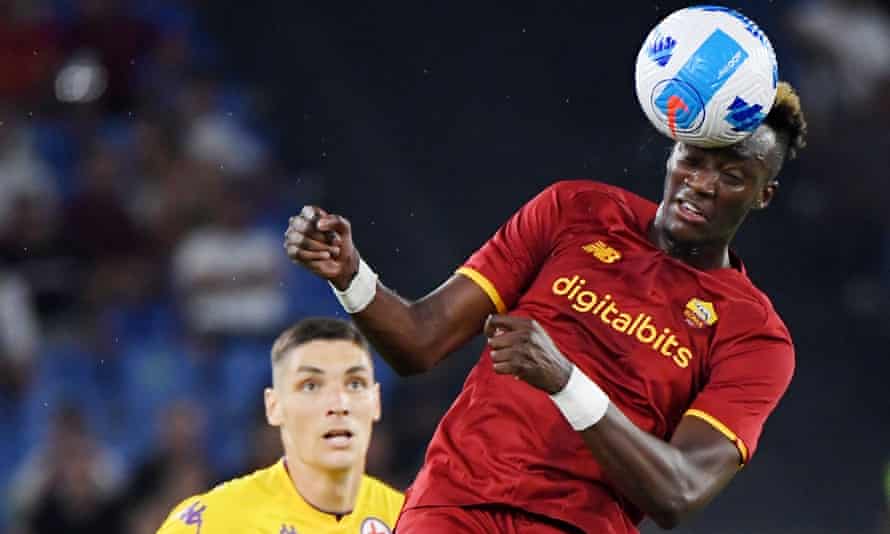Rise of the petro-giants: PSG, Manchester City and Chelsea eclipse old guard
In times of crisis, the winners are usually the rich. As clubs across Europe continue to struggle against the financial impact of the pandemic, the lesson of this transfer window is that the powerful are mopping up. Or at least they are if they are well-run, which rules out the two Spanish giants and several clubs in Italy.
The transfers of the two players who have defined football for a generation understandably generated great excitement, with fans camping out at the airport in Paris to welcome Lionel Messi and queuing round the block to buy a shirt with his name on the back while Manchester United’s share price rose by almost 10% on the news of Cristiano Ronaldo’s signing before falling back slightly. That will excite executives and seem to vindicate the outlay, although whether those upticks are sustainable enough to pay both players’ vast wages is less certain.
Both moves were provoked by financial issues at the selling clubs. These were not grand gestures of intent in the way that, say, Neymar’s €222m move from Barcelona to Paris Saint-Germain was in 2017. It seems increasingly likely that that deal will be regarded as a key marker in the shifting balance of football’s power. It more than doubled the previous transfer record, the biggest proportional leap ever seen. It was a statement from PSG, alerting the traditional elites that they could afford anybody, and it inflated the market in a way that was causing problems for establishment clubs well before Covid struck.

If Juventus’s mistakes are more understandable, it’s only in the way that hitting yourself with a spoon is more understandable than using a hammer. Signing Ronaldo in 2018 as the supposed final piece in the mechanism that would win the Champions League was part of a general switch of culture that also led to Juve appointing the unproven Andrea Pirlo as coach, while never quite working out what sort of football they were supposed to be playing. The club are, apparently, far more popular on Instagram now than they were before the Ronaldo signing, although whether hollowing out a successful side to achieve that was a worthwhile price to pay is debatable.
In 2019, Max Allegri was the first major casualty of Juve’s drive for celebrity. Having returned this summer, he was quite happy to let Ronaldo leave, freeing up his wages to begin rebuilding the squad and reducing the club’s debt without the hindrance of a centre-forward who barely contributes to the press.
Once it became apparent the pair were moving, it was equally apparent only four clubs could afford their wages: Chelsea (who weren’t interested), Manchester City, Manchester United and PSG. Three of those are not dependent on football for their income; the other has been extremely astute in signing partnerships with a variety of products in a vast array of markets. And that, of course, is why so many super-clubs were so keen to sign up to the proposed European Super League in the spring – and also why PSG never joined and why Chelsea and City had doubts and were the first to withdraw.
It’s too early to say whether the super-club era is over but this summer has shown a major change in the dynamic. The outlay on transfer fees in the Premier League may have fallen by 9%, but the net spend is still £560m, more than 10 times the figure in any other league. Premier League clubs paid nine of the 12 highest fees this summer.
The transfer that would have transformed those figures was Real Madrid’s bid for Kylian Mbappé, which reportedly got as high €200m – an astonishing figure for a player with only a year left on his contract. Quite apart from offering an example of why Madrid are in such a financial mess, it spoke of PSG’s power that they rejected the bid.
Given their in effect limitless resources and their desire for the trident of Mbappé, Neymar and Messi to lead their quest for the Champions League, perhaps it even makes sense for PSG to hold on for another year, but it was hard to avoid the mischievous thought that they should have accepted, just to see how Madrid planned to raise the money.

This really should be a period of English domination of European competition – and particularly for the two petro-clubs and United, a clear subset within the Big Six. That City chose to smash their transfer record on Jack Grealish is intriguing, particularly given the prudence they exercised over Harry Kane, but what is really striking is that Chelsea, despite signing Romelu Lukaku and Saúl Ñíguez, have been able to turn a profit.
In part that’s testimony to the value of investing in an academy – roughly 60% of the money Chelsea brought in this summer came from players they had developed themselves. But the Saúl signing was made possible because Atlético needed to offload him so they could sign Antoine Griezmann as Barça continue to dispose of assets.
Chelsea’s CEO, Marina Granovskaia, is clearly an extremely adept negotiator, but it helps that Chelsea have such wealth behind them, that they have such a vast stockpile of players (Michy Batshuayi, Matt Miazga, Baba Rahman, Kenedy …) who can be loaned out then sold when the time is right.
It may be that in time the traditional elites begin to reassert themselves, and dependence on an external source of income can never be entirely secure, but this transfer window suggested a major change in the economics of the game, the end of the super-club era and the beginning of the era of clubs of independent means.
Subscribe To Our Newsletter
-
How to get a free jersey
- How to get Pcs free jerseys Feedback Customer Reviews About Us Contact Us News FAQ
-
User Center
- Forget Password My Orders Tracking Order My Account Register
-
Payment & Shipping
- Customs & Taxes Locations We Ship To Shipping Methods Payment Methods
-
Company Policies
- Return Policy Privacy Policy Terms of Use Infringement Policy

